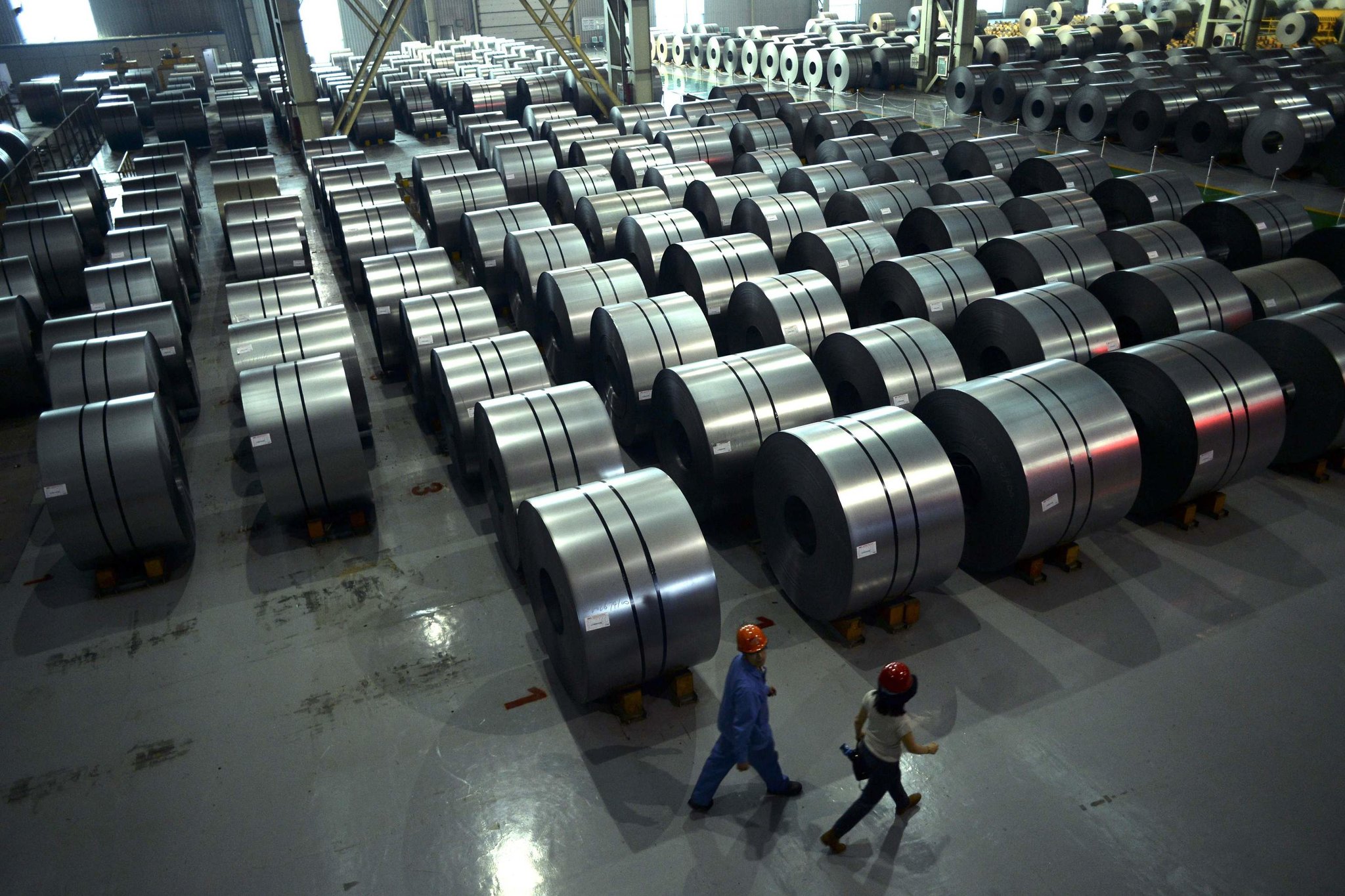European coil mills and their customers are devising ways to ensure tonnages taken up by buyers do not fall significantly under those contracted in annual agreements. Last year saw some trouble between mills and big customers, which in the second half of 2021 refused to call off the tonnages they had secured on the basis of their annual contracts.
The problem is not all-new, but was particularly pronounced in 2021. Annual contracts normally forecast the tonnages which customers anticipate they will need in certain months over the year. The shortage of semiconductor chips, however, put a radical break on the production of cars, meaning carmakers and many suppliers decided not to call off contracted tonnages.
This does not only force mills to pile up the shunned tonnages at their yards. It is also a bone of contention as to who carries the financial burden in such cases, as customers refuse to pay for the volumes they do not pick, despite the contract.
For better synchronisation, some players have started using a set of measures they refer to as “rolling forecast”. Essentially, both sides agree to meet more often throughout the year, normally monthly, to monitor if the short-term forecast deviates from the initial projection.
One buyer of an automotive supplier explains: “If BMW fails to buy my products in such periods, we cannot use the steel we meant to buy at that time.” He tells Kallanish that mills essentially have an understanding for such dilemmas, and are prepared to concede lower volumes temporarily. Such concessions do work for annual volumes mills do not want to miss out on, he notes.
Another point is that mills simultaneously want to make sure buyers do not go for spot purchases because steel prices have become friendlier. “We grant the mills’ accountants access to our books so that they can make sure we have not two-timed them, and bought elsewhere,” he explains. This concept of continuous monitoring plus control is relatively new and was thought up only in 2020 in view of the irregularities brought up by the coronavirus pandemic, he says.
Christian Koehl Germany






